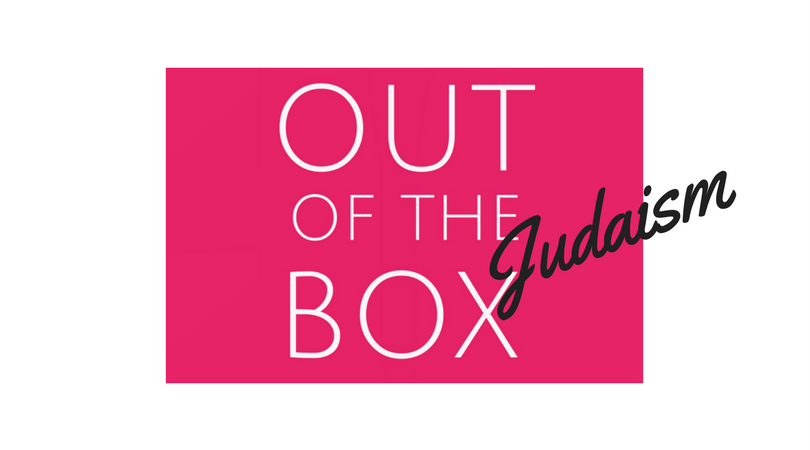Have you ever looked straight up in the sky at noon and noticed that the sun, despite what you’d learned in elementary school, was not directly overhead? What about when the sun is directly above you at noon EST, in, say, Augusta Maine, but not yet directly above your sister in Augusta Georgia, even though you’re on the same times zone?
As Earth revolves and orbits the sun, it appears different places in the sky. We, as people, assign meaning to that. Some people say the day begins at dawn — even though dawn is at different times every day. Some people say the day begins at 7am — even though the sun is in a different place every 7am. According to Jewish tradition, each day begins at sunset. Whenever you decide the day begins and ends, it’s really a cycle of one thing following the other.
Morning. Day. Evening. Night. Morning. Day. Evening. Night.
Day. Evening. Night. Morning. Day. Evening. Night. Morning.
Evening. Night. Morning. Day. Evening. Night. Morning. Day.
Night. Morning. Day. Evening. Night. Morning. Day. Evening.
This is fine. It’s all the same, really. But it could lead to some confusion. In fact, as the world got smaller and people got closer together, it did lead to a lot of confusion. Then in the late 1800s, the world decided to create standard time zones. Did you know that in America there were over 100 time zones? Just imagine coordinating zoom school with those clocks! If you can imagine that struggle, you can sympathize with the rail industry and train riders. We can thank them for having agreed upon times all around the world — even if they don’t coordinate exactly with the location of the sun.
We could change those time zones if we wanted to. We could make it the same time all around the world! 12:00 noon in Chicago could be 12:00 noon in Israel and 12:00 noon in Australia. It would just mean that some people have their awake hours when the clock says different things. But we would all know what time it is, because we’d be in agreement.
The same thing is true of the day. Today is the 22nd day of the first month of the year we call 2021. We can all agree to that, because we’ve made it standard. In the northern hemisphere, it’s winter.
Have you ever wondered why the new year (January 1) begins in the winter? Wouldn’t it make more sense for it to begin in the spring? Isn’t spring when things begin? In this week’s Torah portion, the Children of Israel finally flee Egypt. It happens on the night of the full moon in the month of Nisan. And in Exodus 12:2, God tells Moses and Aaron,
This month is to be for you the first month, the first month of the year.
But wait a minute. We call January the first month of the year. And isn’t the Chinese New Year celebrated in February? Okay, so it’s easy to understand how the Gregorian calendar and Chinese calendar might not follow the Biblical calendar. But what about the Jewish calendar? The holiday Rosh Hashana, literally translated as the head of the year, aka new year, isn’t in the spring. It’s in the fall! We celebrate Rosh Hashana on the day that’s referred to in the Torah as “the first day of the seventh month.” It’s not called Rosh Hashana in the Torah at all.
So, what’s happening here?
Well, it’s always my opinion that you should draw your own opinions, just as I do. If we share our opinions, we can learn from each other, even if we agree to disagree. In this case, I think we no longer celebrate the new year in the spring because there was a general consensus to move it. Sometimes change comes from above, and sometimes it comes from within. Many years later, if or when we notice, we might look back and say the cycle is the same regardless of when you begin.
Spring. Summer. Fall. Winter.
Summer. Fall. Winter. Spring.
Fall. Winter. Spring. Summer.
Winter. Spring. Summer. Fall.
So, what day is it really today?
This is the day that God made! Rejoice and be glad in it! Psalm 118:24
